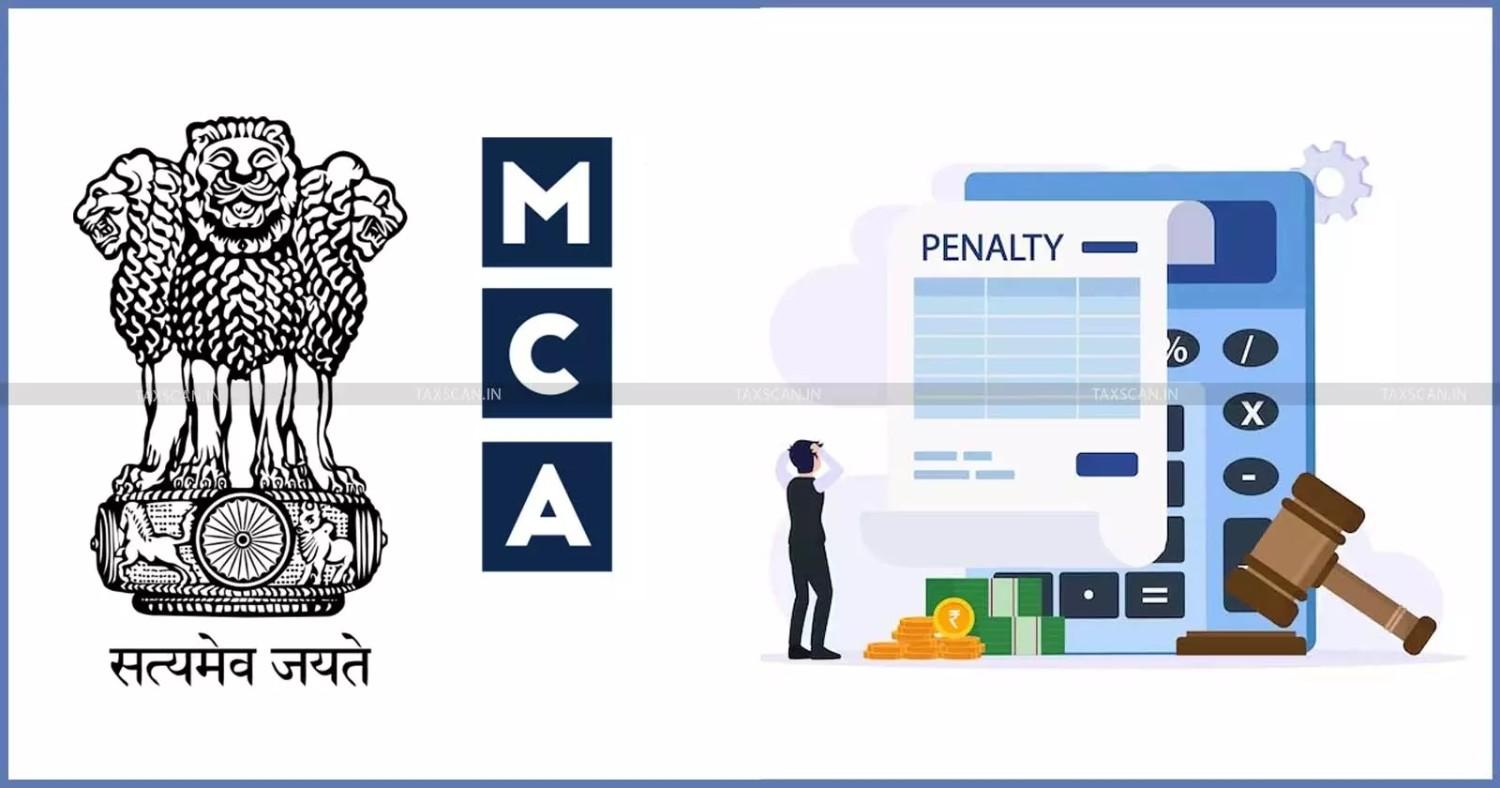Guarantee Covered Existing ₹44 Cr Credit Facilities, Not Future Loan: NCLAT Upholds Admission u/s 95 Against Personal Guarantor [Read Order]
The tribunal found that the guarantee covered already‑granted credit facilities worth ₹44 crore, including a ₹22 crore term loan, ₹21 crore cash credit, and ₹1 crore letter of credit. Notices issued by the bank in 2018 demonstrated invocation of the guarantee, and the pendency of DRT proceedings or counter‑claims did not bar the bank from initiating insolvency action.
![Guarantee Covered Existing ₹44 Cr Credit Facilities, Not Future Loan: NCLAT Upholds Admission u/s 95 Against Personal Guarantor [Read Order] Guarantee Covered Existing ₹44 Cr Credit Facilities, Not Future Loan: NCLAT Upholds Admission u/s 95 Against Personal Guarantor [Read Order]](https://images.taxscan.in/h-upload/2025/11/19/2106586-personal-guaranter.webp)
The National Company Law Appellate Tribunal (NCLAT), Principal Bench, New Delhi, delivered a significant ruling affirming the admission of insolvency proceedings under Section 95 of the Insolvency and Bankruptcy Code, 2016 (IBC) against a personal guarantor.
The case revolved around the validity and scope of a personal guarantee executed on 02.03.2016, covering credit facilities aggregating to ₹44 crore extended to the corporate debtor, M/s Dilip Chabria Design Pvt. Ltd.
Cosmos Co‑operative Bank had sanctioned various credit facilities to the corporate debtor, including a ₹22 crore term loan and a ₹21 crore cash credit limit, later supplemented by a ₹1 crore letter of credit. These facilities were secured by personal guarantees from directors.
On 02.03.2016, the appellant, Kiran Kumar Jain, executed a fresh deed of guarantee along with a promissory note and continuing security documents, expressly covering the aggregate sum of ₹44 crore. The bank subsequently issued a call-back notice and a Section 13(2) SARFAESI notice, invoking the guarantees and demanding repayment.
Jain challenged the admission of the Section 95 application, arguing that his guarantee was obtained on the representation that the bank would sanction a fresh loan of ₹44 crore for new business operations.
Since no disbursement was made after 02.03.2016, he claimed there was no enforceable liability. He further contended that the guarantee was never invoked, that the bank had selectively proceeded only against him while ignoring other co‑guarantors, and that the pendency of his counter‑claim before the Debt Recovery Tribunal (DRT) barred insolvency proceedings.
Comprehensive Guide of Law and Procedure for Filing of Income Tax Appeals, Click Here
Jain also asserted that he was a solvent individual with positive net worth and had filed claims as a financial creditor in the corporate debtor’s CIRP.
 Also Read:Delay of 215 Days in Filing Board Resolution in Form MGT-14: MCA Imposes Penalty [Read Order]
Also Read:Delay of 215 Days in Filing Board Resolution in Form MGT-14: MCA Imposes Penalty [Read Order]
The bank refuted these submissions, emphasising that the guarantee deed explicitly covered facilities “granted, agreed to grant, or continued to grant” to the borrower. The loan agreement dated 02.03.2016 referred to the same facilities, with repayment scheduled to begin on 04.03.2016, providing disbursal.
The promissory note and continuing security executed by Jain further confirmed his liability. The bank argued that the invocation of the guarantee was evidenced by statutory notices and that Section 95 proceedings were independent of DRT litigation. It maintained that creditors are entitled to proceed against one or all guarantors.
The Tribunal rejected Jain’s plea, holding that the guarantee covered already‑granted facilities and was supported by documentary evidence, including the loan agreement, promissory note, and repayment schedule. The tribunal noted that repayment obligations commencing immediately after execution of the guarantee demonstrated that disbursal had already occurred.
 Also Read:NCLT Approves Cochin Aircraft Maintenance Company’s ₹87.75 Lakh Capital Reduction Following Shift to Consultancy Services [Read Order]
Also Read:NCLT Approves Cochin Aircraft Maintenance Company’s ₹87.75 Lakh Capital Reduction Following Shift to Consultancy Services [Read Order]
The two-member bench comprising Ashok Bhushan (Judicial member) and Barun Mitra(Technical Member) held that the invocation of the guarantee was established through notices issued in 2018, and that pending DRT proceedings did not preclude insolvency action under Section 95. The tribunal clarified that creditors may choose to proceed against one guarantor without being obliged to act against all.
Section 95 of the Insolvency and Bankruptcy Code (IBC) allows a creditor to initiate insolvency proceedings against an individual, including a personal guarantor to a corporate debtor. It empowers creditors to apply to the adjudicating authority, either individually or jointly, seeking resolution of unpaid debts. Once filed, the adjudicating authority appoints a Resolution Professional to examine the application and submit a report under Section 99, after which the tribunal may admit or reject the case.
The appellate tribunal upheld the adjudicating authority’s order admitting the Section 95 application against Jain. It said that personal guarantors cannot evade liability by claiming absence of fresh disbursal when guarantees explicitly cover existing facilities.
Support our journalism by subscribing to Taxscan premium. Follow us on Telegram for quick updates


